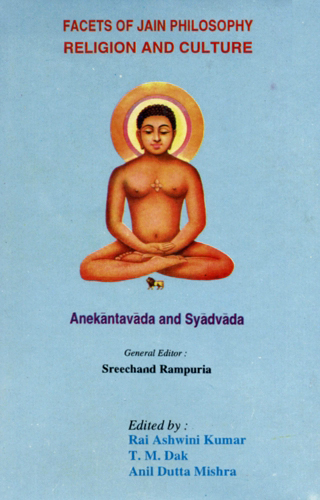Of all the four types of meaning, the suggestive meaning is the most indeterminate. It depends on a number of contextual factors such as time, place, occasion, intention, intonation, gestures etc. of the listener or the spectator. It varies from person to person and context to context. Unlike primary and metaphorical meanings it includes various socio-cultural meaning and even an emotive element also. It is well known how numerous meanings are evoked in the minds of different persons by the stock example of suggestive meaning namely, gato'stam arkaḥ i.e., the sun is set. Though grammarians, scientists, logicians and philosophers, interested more in the accuracy, precision, clarity and objectivity of meaning, prefer the lexical or primary meaning" to the suggested one, the very indeterminate and infinite potency of the suggested meaning has rendered it more competent than the primary meaning for expressing both the aesthetic and mystic experiences embodying fine literature and profound philosophy respectively. Thus, Bergson[1] in his Introduction to Metaphysics says, "Language is incapable of apprehending and expressing reality. But language may be used in another way, not to represent, but to bring the hearer to a point where he himself may transcend language and pass to incommunicable insight. It is a dialectical ladder which, when we have ascended, may be kicked away." This insight and intuition cannot be expressed directly by words, but they can be communicated through the power of suggestion.
Anekāntavāda And Syādvāda: Suggestive Meaning
Authors:
 S.M. Shaha
S.M. Shaha
 Srichand Rampuria
Srichand Rampuria
 S.M. Shaha
S.M. Shaha
 Srichand Rampuria
Srichand Rampuria
Published: 05.04.2012
Sources
Page glossary
Some texts contain footnotes and glossary entries. To distinguish between them, the links have different colors.
Page statistics
This page has been viewed 2241 times.

